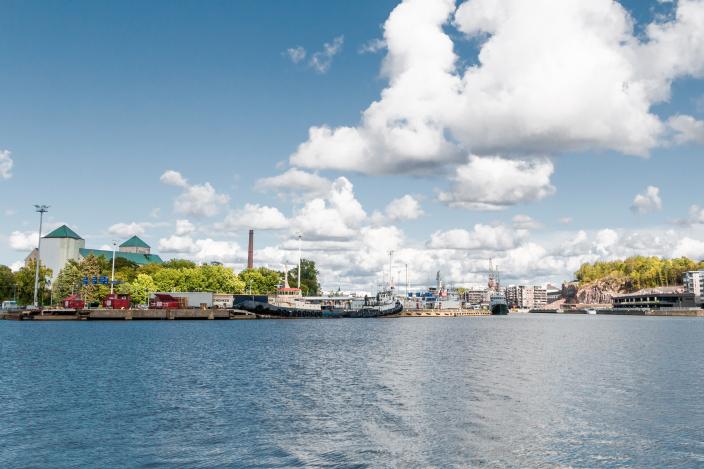New study shows how the city of Turku and the Port of Turku could coordinate their operations and function more efficiently by utilizing digital technologies. This would also improve urban environment as the city centre currently expands towards the harbour.
Smart Port City project, funded by Turku Urban Research Programme, examined how to make the functioning of the city and the port more efficient and how to create more synergy between these actors by utilizing digital technology. The research indicated that in a smart port city the city and the port benefit from shared infrastructures and data. They are helpful not only for the creation of greater efficiency, but also for the reduction of negative environmental impacts and the enhancement of the quality of life of urban dwellers and visitors.
– The city should integrate data from city departments, the port, and external sources into a shared repository accessible through various interfaces. This would also enable stakeholder groups to participate in the development of services targeted to the people in Turku, states Irina Wahlström, a researcher and project manager from the Laboratory of Industrial Management in Åbo Akademi University.
Even though the discourse on smart cities often emphasises technology, the project conducted by Åbo Akademi and Turku School of Economics showed that smart cities also advance the inclusion of urban dwellers and other stakeholders, thus supporting the culture of co-production.
